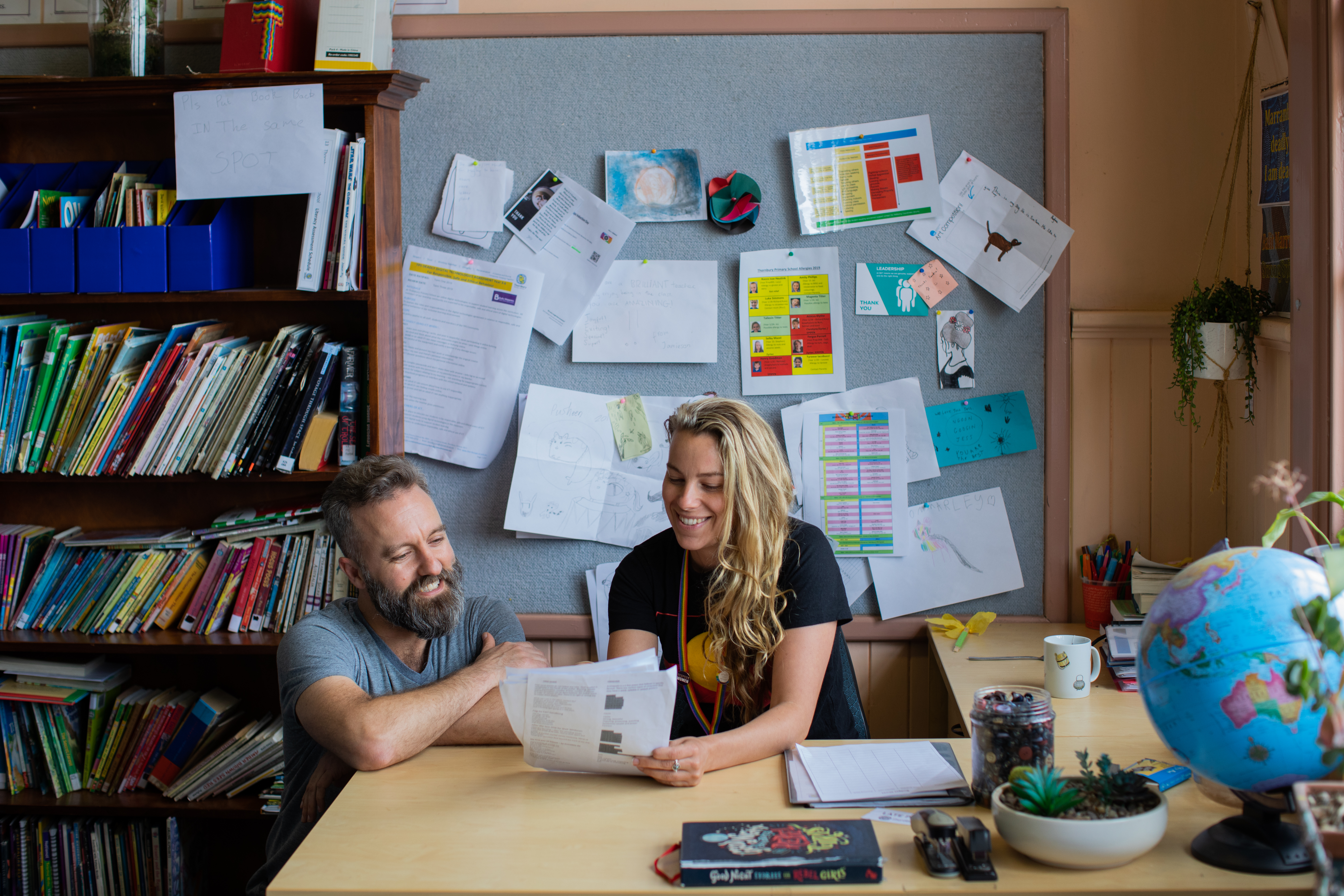On this page
Download this Fact Sheet:
Fact Sheet: Transitions in learning communities (3.1 MB, PDF)
What are transitions?
Transitions are periods of change and continuity. They are a period where children and families are faced with adapting to new circumstances, expectations, people, environments and routines. Transitions are an important time to consider continuity between environments, expectations and relationships.
The transition to a new learning environment usually brings changes to a child or young person’s relationships, physical and social environments and daily routines. Transitions also bring challenges and opportunities for social and emotional learning.
This is also a time where educators, schools and early learning services adapt to their new entrants and respond to their needs.
While education transitions can bring exciting opportunities, some children and young people, and their families and communities, can find these changes stressful. Ideally, learning communities start to prepare for a transition in the year (or years) before the change.
Impact of transitions in education
Change can impact people in many ways and some children and young people can find it stressful.
Transitions in education require children and young people to adapt to new circumstances. The experience is different for everyone, and some children and young people, and their families, may need extra support.
There are many ways that educators and families can support children and young people make positive transitions to early learning services and schools, including by identifying when support is required, and how to access and offer support.
Types of transitions
These are some common transitions in learning communities:
- Transitions for babies and toddlers
- The transition to early learning settings: ages 3–5
- The transition from early learning settings to primary school
- The transition from primary to secondary school
- The transition from secondary school.
Children and young people also experience transitions throughout their day, with children in early learning settings experiencing room transitions, transitions between indoor and outdoor play, transitions during care routines, supported self-care and end-of-day to home transitions. These fact sheets provide information on how educators can support children, young people and families at these times, including those who might require more support.
-
Bibliography
Educational Transitions and Change (ETC) Research Group. (2011). Transition to school: Position statement Albury-Wodonga: Research Institute for Professional Practice, Learning and Education, Charles Sturt University. Retrieved from https://arts-ed.csu.edu.au/education/transitions/publications/Position-Statement.pdf
